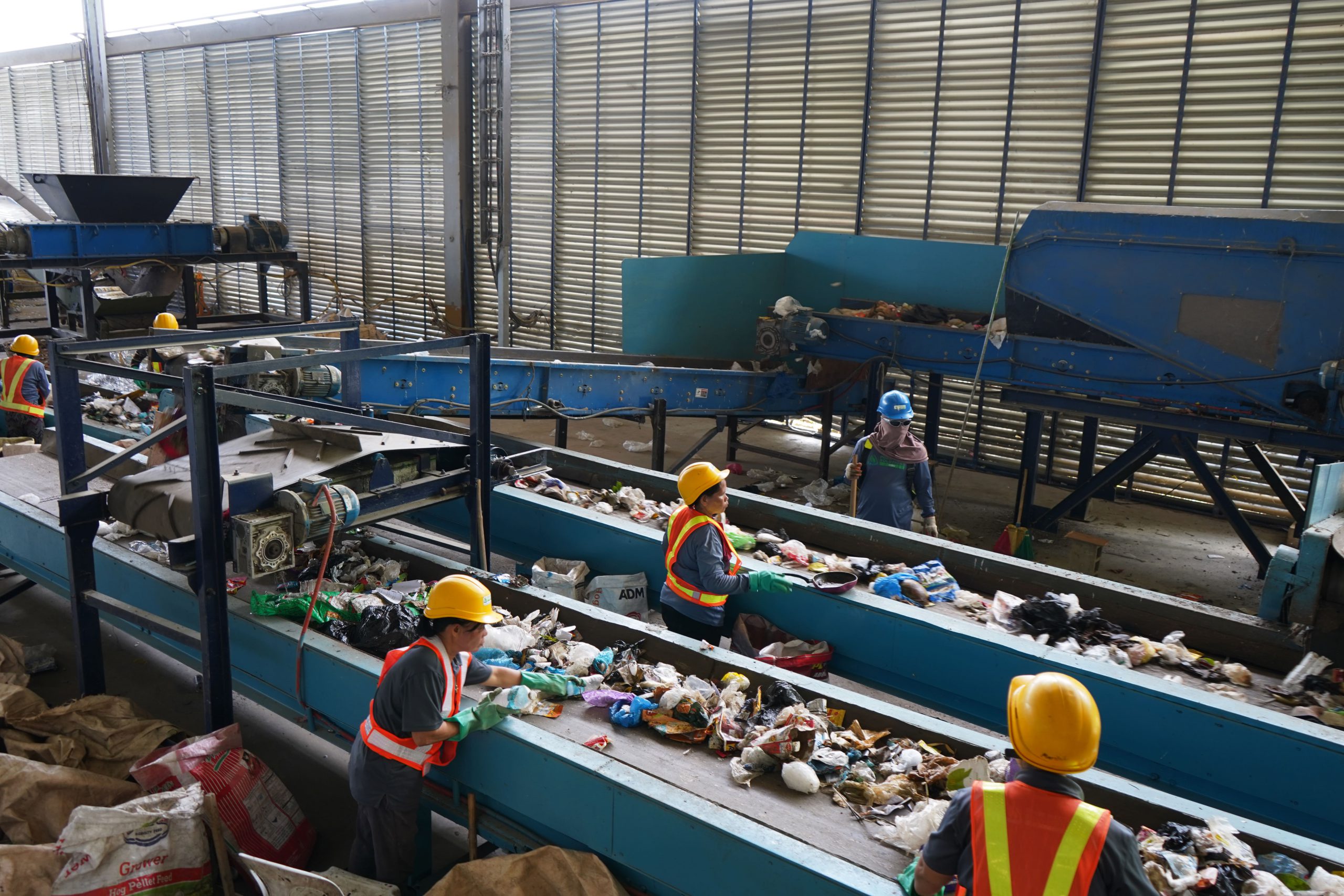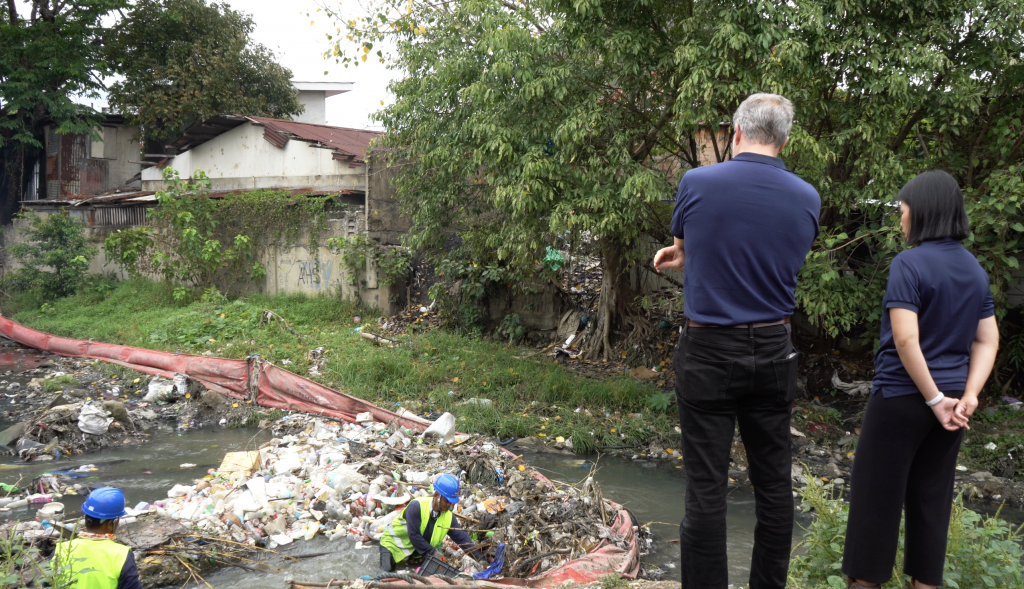Prime Infra Deploys River Waste Trap in Cebu, Targets Ocean-Bound Plastic
- April 13, 2025
- 1

Prime Infra, together with its social arm, Prime Infra Foundation, and waste management company, Prime Integrated Waste Solutions (PWS), has partnered with RiverRecycle to stop plastic waste at the source, aiming to prevent around 97,000 kilograms of debris from reaching the ocean annually.
In a statement, Razon-led Prime Infra said RiverRecycle, a global enterprise focused on stopping river-borne plastic from reaching oceans, has deployed a boom along a key stretch of the Kinalumsan River in Cebu City’s Barangay Mabaling.
Of the projected 97,000 kilograms of intercepted waste, over 13,000 kilograms are expected to be plastic. This initiative is part of Prime Infra’s broader strategy to reduce waste leakage from land to sea.
“There’s so much to work on in terms of waste management and proper disposal in the country, and part of that involves the collection of waste. When you partner with companies like RiverRecycle, which focuses on different aspects of logistics, such as the rivers where waste accumulates, then it is in perfect synergy with what we do at PWS,” said Cara Peralta, Prime Infra Market Sector Lead for Waste.

PWS operates an advanced materials recovery facility (MRF) in Cebu with a daily capacity of 1,000 tons. The facility focuses on waste segregation, recycling, and recovery, helping to reduce landfill dependence and limit the amount of garbage that ends up in rivers.
RiverRecycle Founder and CEO Anssi Mikola explained plastics break down into harmful microplastics once in the water, making prevention of waste leakage through rivers a key priority.
“The way we see it, the most important thing is to stop waste from reaching the ocean in the short term, because that’s where it causes the most harm and is the hardest to clean up. That’s why we are focusing on rivers, as they are the last manageable point to remove waste before it becomes an insurmountable problem,” he said.
RiverRecycle’s cleanup systems are designed to handle various types of debris, including low-value plastics. The company has developed technology that can convert collected plastic into usable materials, creating opportunities for reuse and recycling.
“Partnering with Prime Waste Solutions is really like a showcase for us because there’s very few places where we work where you actually have an industrial-sized material recovery facility that is able to aim for zero waste to landfill,” Mikola added.
PWS currently operates two of the country’s only automated MRFs—one in Cebu and one in Pampanga. These facilities are equipped with vibrating sieves, baling systems, and magnetic separators. They are designed to increase resource recovery and minimize the amount of waste that ends up in landfills.
In reducing landfill volume, these facilities also help limit methane emissions from organic waste decomposition—one of the key contributors to climate change.
Want to learn more about how private sector partnerships can clean up Philippine rivers? Follow Power Philippines on Facebook and LinkedIn for the latest updates!